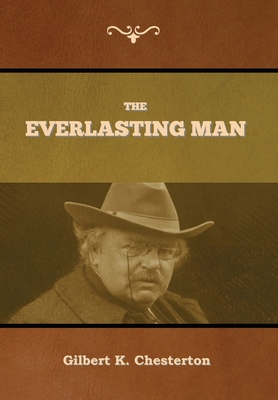All Formats & Editions
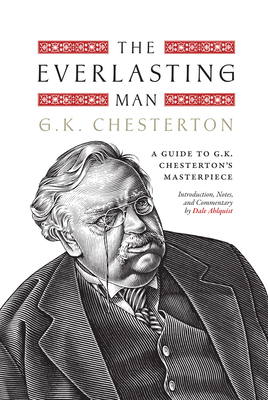
The Everlasting Man: A Guide to G.K. Chesterton...
Among the many masterpieces of G.K. Chesterton, The Everlasting Man is his crowning achievement. It was the book that set a young atheist named C.S. Lewis on the path toward Christianity. Evelyn Waugh called it "a permanent monument" that "needs no elucidation." And...

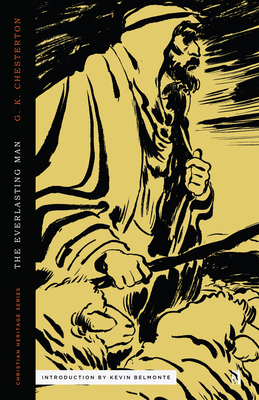

The Everlasting Man
"The best popular apologetic I know." -- C. S. Lewis

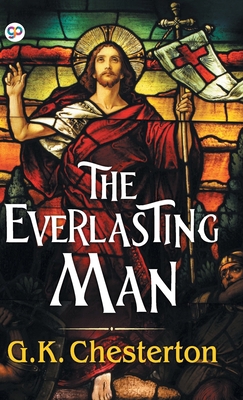

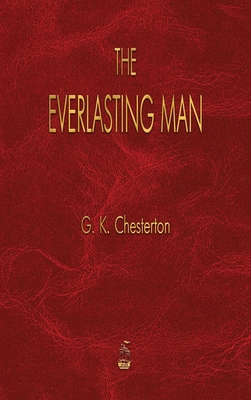
The Everlasting Man
An unabridged edition to include: Prefatory Note - Introduction: The Plan of This Book - The Man in the Cave - Professors and Prehistoric Men - The Antiquity of Civilization - God and Comparative Religion - Man and Mythologies - Demons and the Philosophers - The War of the...

The Everlasting Man: An Annotated Edition
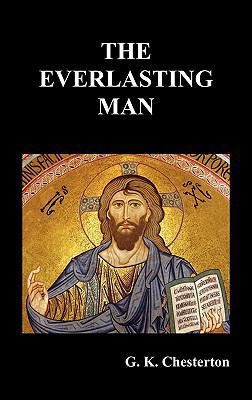
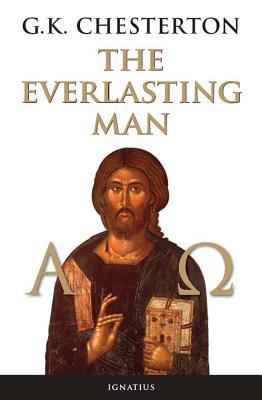
The Everlasting Man
Considered by many to be Chesterton's greatest masterpiece of all his writings, this is his whole view of world history as informed by the Incarnation. Beginning with the origin of man and the various religious attitudes throughout history, Chesterton shows how the fulfillment...
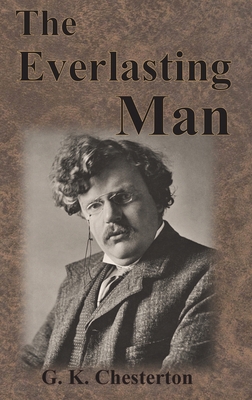
The Everlasting Man
Complete edition of The Everlasting Man by G. K. Chesterton. Chesterton successfully challenges the view that man is just another evolutionary animal, and that Jesus Christ was only human. C. S. Lewis said it was the best popular defense of the full Christian position. Find...

The Everlasting Man (Dover Books on Western Phi...
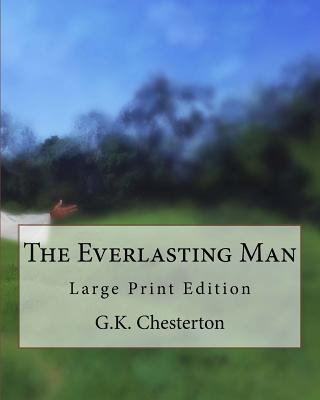
The Everlasting Man: Large Print Edition
![El Hombre Eterno [Spanish] 1979852510 Book Cover](https://i.thriftbooks.com/api/imagehandler/l/13C4D8F3366EF73001CC3082ECD418B4D3ABE9D2.jpeg)
El Hombre Eterno [Spanish]
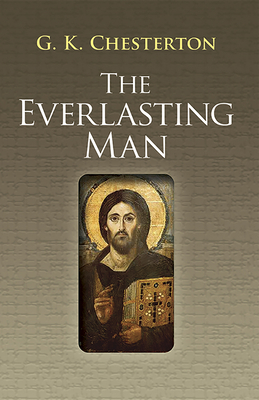
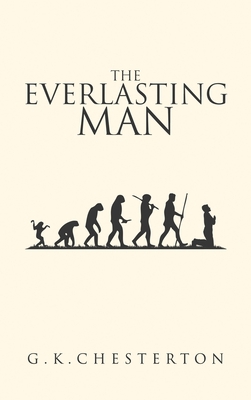
The Everlasting Man: The Original 1925 Edition

The Everlasting Man (Annotated)
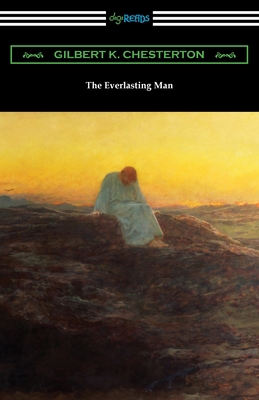
The Everlasting Man
First published in 1925, "The Everlasting Man" by G. K. Chesterton is a powerful argument against the theories of evolution and comparative religion. Chesterton deeply disagreed with the view of animal and human evolution popularized by "The Outline of History" written by...
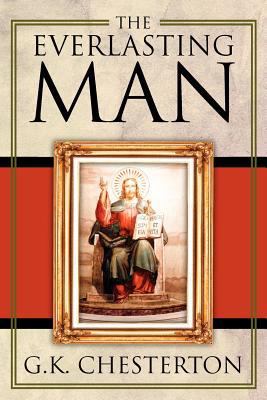
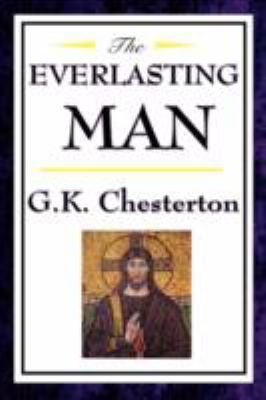
The Everlasting Man
Here is the book that converted C. S. Lewis from atheism to Christianity. This history of mankind, Christ, and Christianity is to some extent a conscious rebuttal of H. G. Wells' Outline of History, which embraced both the evolutionary origins of humanity...
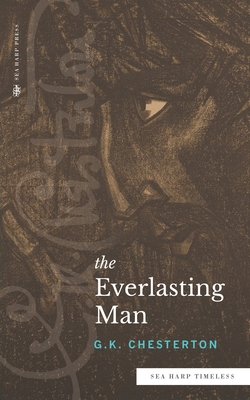
The Everlasting Man (Sea Harp Timeless series)
![O homem eterno [Portuguese] 6555521686 Book Cover](https://i.thriftbooks.com/api/imagehandler/l/1BD64BF0D8897C1F4EF5020035CAC21A8B98012D.jpeg)
O homem eterno [Portuguese]
O homem eterno ? a resposta a uma obra de H. G. Wells sobre a origem do mundo. Chesterton ilustra de forma ambiciosa a jornada espiritual da humanidade, principalmente da civiliza??o ocidental, e as principais transforma??es ap?s se tornar crist?. Este cl?ssico da literatura...
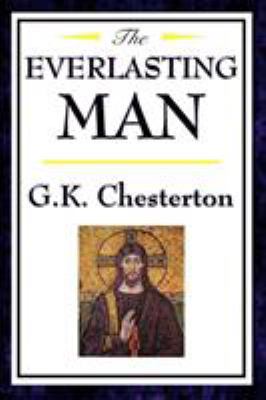
The Everlasting Man
Here is the book that converted C. S. Lewis from atheism to Christianity. This history of mankind, Christ, and Christianity is to some extent a conscious rebuttal of H. G. Wells' Outline of History, which embraced both the evolutionary origins of humanity...
